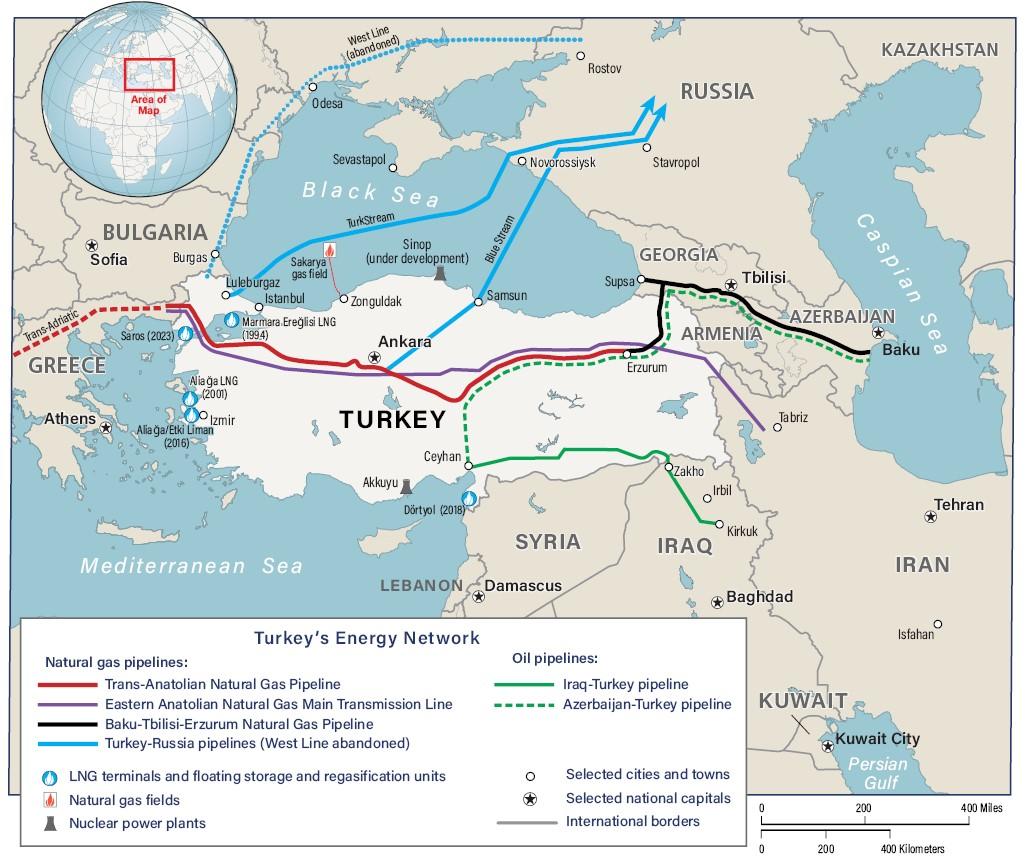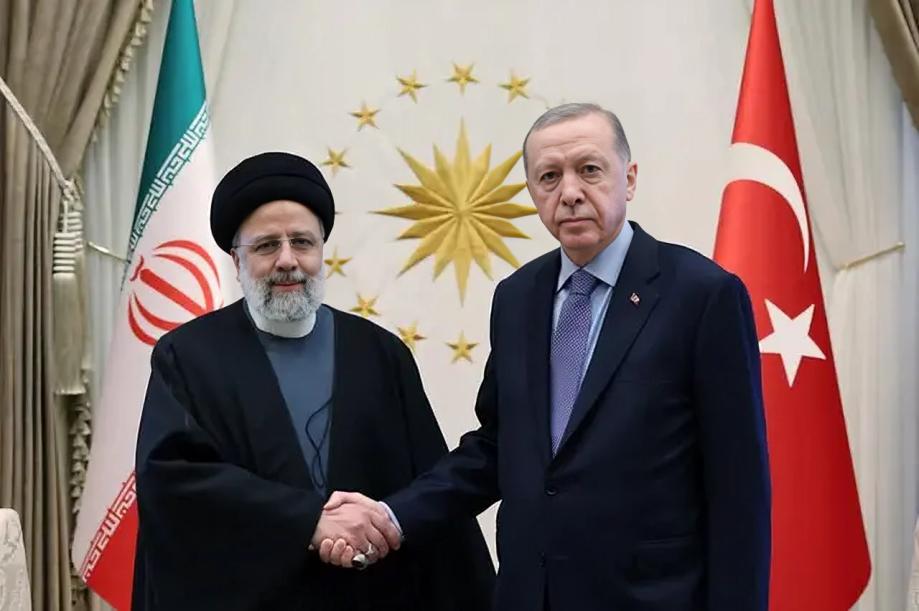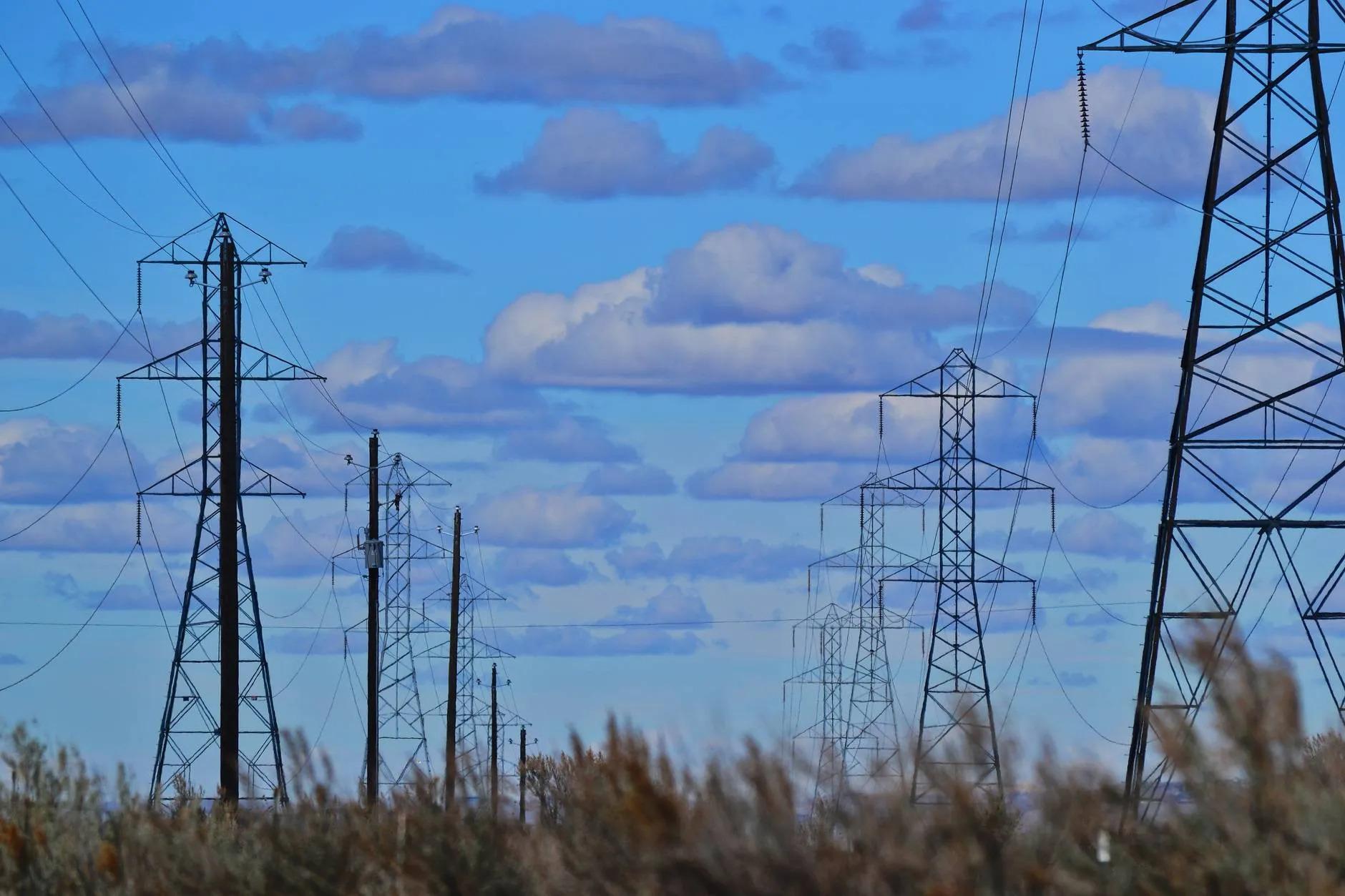Energy dynamics in Iran-Türkiye partnership New drivers
On April 4, Turkish Minister of Energy and Natural Resources Alparslan Bayraktar landed in Tehran to meet his Iranian counterpart Javad Owji to discuss new opportunities for energy partnership within the existing memorandum of cooperation between Ankara and Tehran.
Javad Owji voiced Iran's readiness to expand relations with Türkiye in the upstream and downstream sectors of the oil industry. In 2001, Iran signed a 25-year gas export contract with its northwestern neighbour, Türkiye, which is set to expire in 2026.
Until recently, Türkiye has exported a total of 156 billion cubic meters of natural gas from Iran over the past 28 years as part of the cooperation between the two countries. The visit comes as Ankara seeks to secure new gas contracts with its southeastern neighbour.
Iran remains Ankara's second-largest natural gas importer, with the oil-and gas-rich country meeting 16% of Türkiye's natural gas needs in 2023. According to official data, Türkiye imported roughly $3.3 billion of natural gas from its neighbour last year.

The two countries exchanged $493 million of non-oil goods in January 2023. Turkey exported $324 million of products to Iran in January 2024, a 35 per cent increase compared to last year's corresponding period.
Bayraktar’s visit to Tehran was a logical continuation of Javad Owji’s earlier visit to Ankara in January 2024 to discuss expanding energy partnership as Iran's energy field desperately needs additional sources due to the harsh economic sanctions imposed on Tehran.
Moreover, Iran's ruling conservative government sought closer ties with Türkiye, its leading regional competitor, due to several critically important issues, including energy and regional security. Hence, in January 2024, President Ebrahim Raisi officially visited Ankara to enhance its partnership with the neighbouring country and seek new dividends.

The two leaders, Minister Bayraktar and his Iranian counterpart reaffirmed their commitment to strengthening their bonds of trust and shared interests. They discussed a range of bilateral issues, including security, energy, and trade, emphasizing the mutual benefits of their energy partnership. Minister Bayraktar's visit to Tehran paved the way for deeper energy cooperation between Ankara and Tehran.
Given the importance of fossil fuel exports and Iran's poor electricity infrastructure, Tehran seeks more Turkish assistance in developing some local electricity infrastructure. This improved energy cooperation between Iran and Turkey would prove a boon to Ankara, which needs a variety of energy inputs to maintain its post-pandemic economic recovery.
Paradoxically, the ongoing rivalry between Iran and Türkiye has led to a unique situation where the two states share common security interests. These include the fight against Kurdish separatism and radical jihadist organization activities alongside the border. For many years, both states have been heavily engaged in fight and counter-terrorism operations against Kurdish militants, thus establishing a robust security framework for their partnership.
Türkiye has an energy dependence problem. For the past two decades, Ankara’s energy needs have been on the rise, and they are projected to continue on an upward trajectory until at least 2035. Yet, the country is not endowed with the proven natural resources to support its energy needs, so it imports almost all the energy it consumes.

Such dependence on energy sources creates economic and security constraints for Ankara. In this vein, Ankara put enormous efforts into using energy factors against the backdrop of a broader geopolitical strategy of bolstering its image and soft power in the close neighbourhood.
For example, the hunger for energy enabled Türkiye to be connected to energy-rich Iran, Iraq, and Azerbaijan through various pipelines and strategically critical infrastructure. It became an important regional transit hub connecting those regional states to European energy markets. For instance, Azerbaijan increased natural gas supplies to neighbouring Turkey in 2023 by around 19% to 10 billion cubic meters (bcm) from 8.4 bcm delivered in 2022.
Indeed, Türkiye has long cultivated the ambition of becoming a regional hub for energy trade and has also been active in new gas markets, building terminals for importing liquefied natural gas (LNG), which have given it access to markets from Algeria and Egypt to Nigeria and the United States. Therefore, Ankara's strategic choice to maintain a close energy partnership with Iran is rational and crucial in the context of regional interconnectivity and decreasing regional rivalry.








